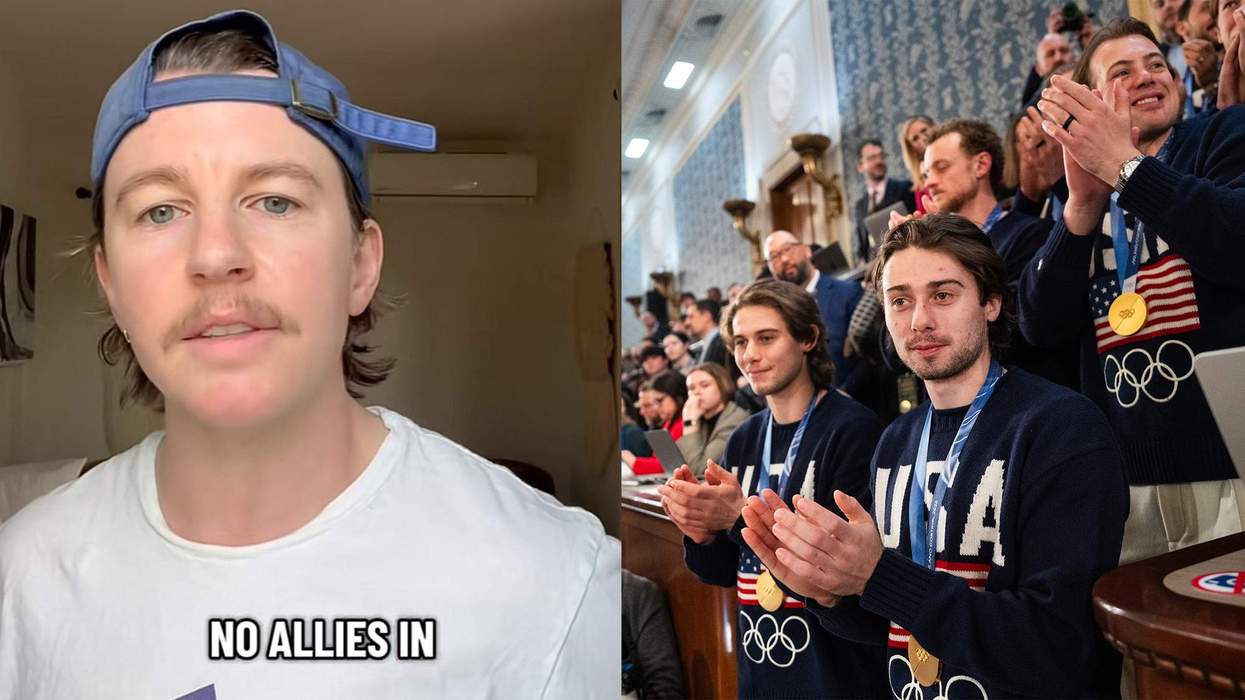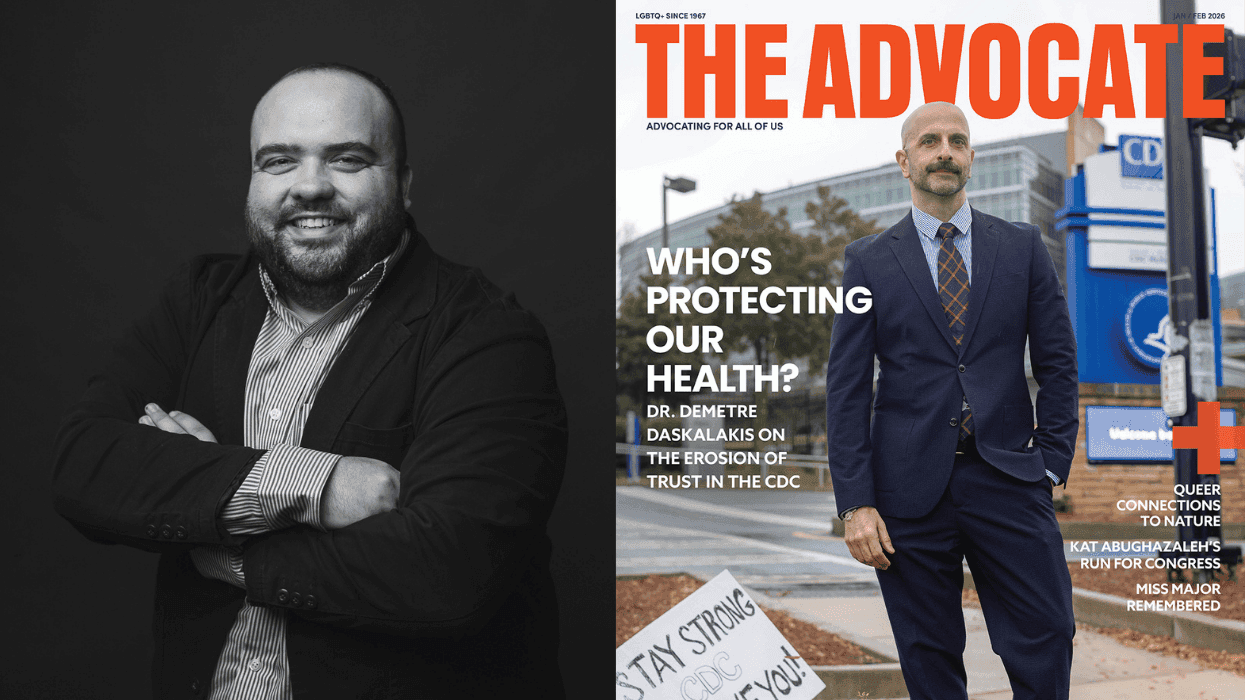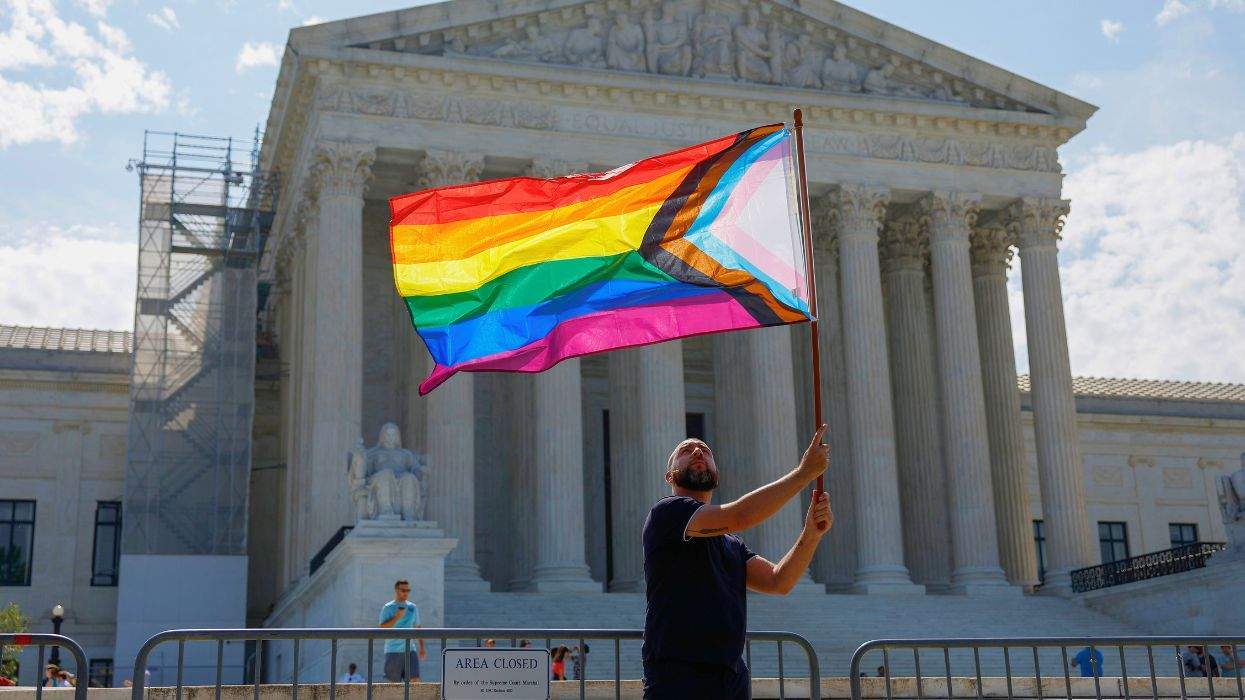Not everyone is singing Adam Lambert's praises in Singapore.
In fact, at the time of the time of this article's posting, 18,837 people have signed a petition seeking to remove the gay singer as headliner of a New Year's Eve performance in the Asian nation.
The "Ghost Town" singer was scheduled to perform at Countdown 2016, the city-state's largest New Year's Eve celebration, which is held in Marina Bay.
But in a letter to the event's media organizer, MediaCorp, protesters say the "performer fraught with controversy" represents values that do not align with those of Singapore, where it is still illegal for men to have sex with other men.
Petitioners point to a history of "sexualized acts," including Lambert 2009 performance at the American Music Awards, in which he kissed another man, as well as "acts of indecency" featured in his recent music video, "Another Lonely Night," as reasons why Lambert should be banned from performing.
These "lewd acts" and "active promotion of a highly sexual lifestyle and LGBT rights... are contrary to mainstream Singaporean values," the petition asserts.
"Countdown 2016 is our annual iconic, public event for Singaporeans to come together to celebrate New Year's Eve, as one," the letter states. "Allowing Adam Lambert to perform as the star of Countdown 2016 shows disregard for the values of a majority of family-centric Singaporeans who have consistently resisted the promotion of western liberal ideas about family values and societal models."
It is signed by "concerned citizens,""concerned parents," and "concerned individuals."
In response, fans of Adam Lambert have launched a counter-petition that has accrued over 23,000 signatures. It begins: "We the moral majority of Singapore utterly denounce and condemn the obvious sexual orientation discrimination demonstrated by the other petition on this site that is against Adam Lambert performing in Countdown 2016."
MediaCorp assured the public that Lambert will perform as scheduled, and "the televised concert would be suitable for family audiences and conform with broadcast regulations," according to Reuters.















